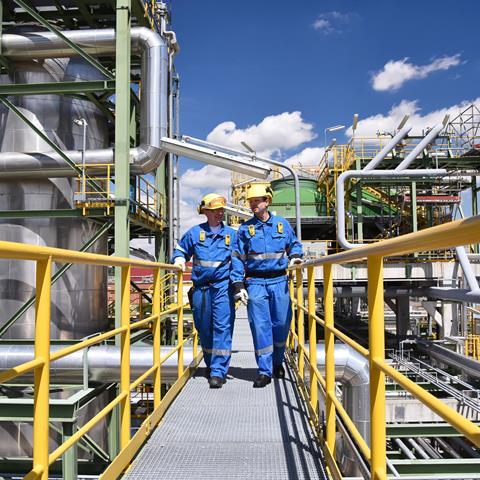Case Study
Developing a strategy for the 2018 registration deadline
Importer of personal care products receives support for 2018 registration deadline.

Understanding the REACH registration obligations for ‘waste’ and how to demonstrate an exemption.
Company R recovers PVC from window frames and wanted to find out more about their obligations under REACH. They had received conflicting advice regarding the exemption of waste from REACH and needed to understand how the regulation related to their business and to clarify their obligations. The initial course of action was to spend a half-day with one of REACHReady’s technical experts providing the opportunity to explain their processes to allow REACHReady to assess the situation.
The key to the discussion was establishing the identity of the recovered product in order that substance sameness, and therefore qualification for any exemption could be established. Although waste is exempt from the requirements of REACH, when companies place their waste onto the market or are involved in recovery operations, this no longer applies. Although companies must register substances manufactured in quantities exceeding one tonne, as reclaimed substances will often have already been registered at the point of initial manufacture, a further exemption exists under Article 2(7)(d) of REACH. This removes the requirement to register provided: the reclaimed substance has already been registered; and the SDS is available to the company undertaking the recovery. As the substance recovered was a polymer, it needed to be determined if: the individual monomer units had been registered; any other substances were present in the recovered polymer; and if these were impurities in the original monomer units or further substances added to create a mixture. The company would then need to ascertain whether any of the individual substances were ‘manufactured’ in quantities exceeding one tonne per annum and establish substance sameness with an existing registration. The company was also made aware that even if they qualified for the exemption, they would still have other obligations under the regulation, such as the requirement to communicate hazard information to downstream users and the obligation to comply with any restrictions. The second of these was an important consideration as Annex XVII places a restriction on the cadmium content of recovered PVC.
The company used the REACHReady Matchmaker service to secure the assistance of an Approved Service Provider who was able to identify the substances in the material. As substance sameness with a registered material could be proved, an exemption under Article 2(7)(d) was demonstrated to apply, saving the company the significant costs associated with registration under REACH.
REACHReady’s Consultancy service may help you determine what you don’t need to do as well as what you do. We aim to provide a value-for money service of the highest quality and the flexibility to fit your budget.
For more information, please call +44 (0) 20 7901 1444 or email enquiries@reachready.co.uk